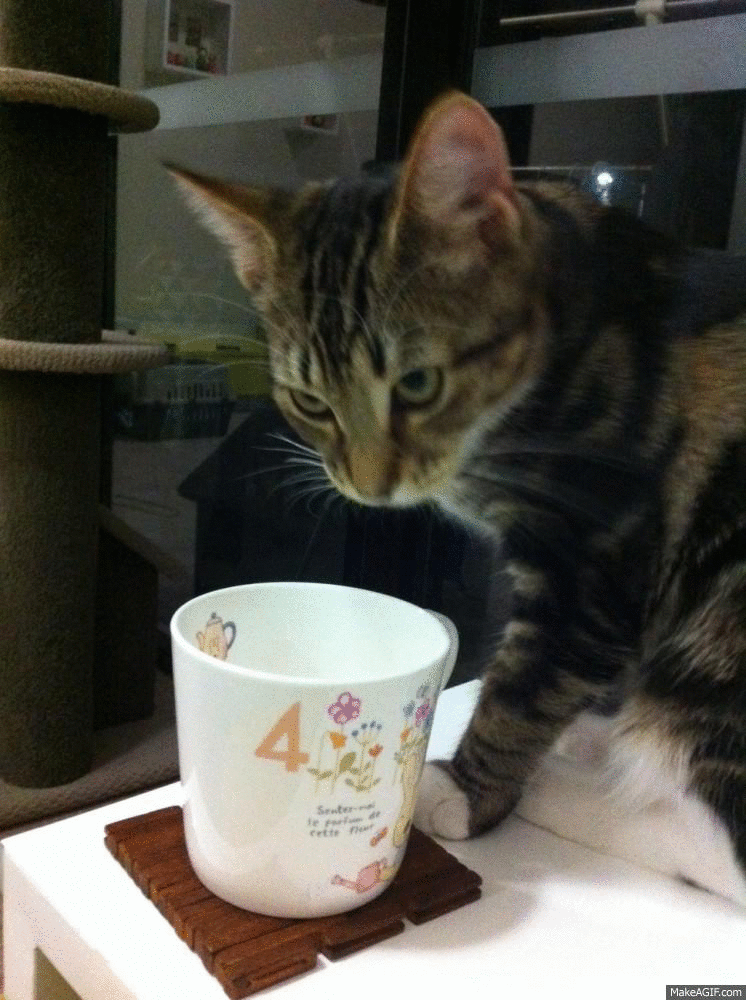I get the feeling that a lot of people who are not involved with libraries don't really know what librarians do. I mean they know that we work in a library obviously, and they would probably also guess that we spend a lot of time with computers, and help people who come into the library. But actual tasks that we do? To most, it's a mystery. I know, I know, I couldn't really say exactly what tasks an engineer or a public servant in a government department do in their day-to-day work either. But I want to make two points on this topic.
1. It wouldn't hurt to raise awareness amongst library patrons and the public in general of what a librarian does.
2. I often have doubts myself about what the role of a librarian involves, making the first point rather difficult to begin.
Have you ever heard someone say that when X happens, librarians will be freed-up to work on other projects? X being for example
- automation a system (e.g. self check-out stations)
- library technicians or paraprofessionals taking on roles like reference and info literacy
- purchasing a turn-key, time-saving vendor product
- outsourcing work
During the future of the profession workshop the same thing occurred to me when we were discussing shambrarians - people without library qualification being employed in the library, for example people with a background in marketing, communications, web development etc. People with IT degrees can manage data and information better than a librarian. People with web design talent can design website and library pages better than a librarian. Marketers can sell library services better than a librarian. Our job has changed so much and diversified to the extent that we have to wonder what we should be spending our time on...
Is there anything a librarian can do that is unique? Are we losing our footing?
There's a conference coming up in November in Sydney called SWITCH and one of the speakers is Steve Coffman. Here's his topic, from
the program. Look interesting, as do
his articles.
Can Libraries Compete in a Digital Age?
Over the past few decades the digital library we all dreamed of has been built. Although we librarians helped to make it, it is not ours. Books are provided by Amazon, Apple and Google. Reference is by Google and the Web.Library 2.0 is by Goodreads, Facebook and many others. And the smart phone, Kindle and iPad are providing access to it all. So where does that leave libraries? Is it time we just hung it up and turned our buildings into community centres or ‘makerspaces’? Or are libraries still needed in the world of books, and if so, what roles can we play?
There's quite a lot of insecurity in the industry at the moment, but I for one am not going to give up on this industry that I've so recently become a part of. I suppose what we do is bring it all together in context, and organise everything in a way that make our services and our resources accessible to our library users. And we do it on a scale that is intimate and personal and does not try to be everything to everyone. Are we recognised for this sometimes difficult-to-grasp role?
From now on I'm going to covertly and naturally educate as many people as I can about what librarians do and how we value our profession and our library users. That probably means tomorrow, when someone walks in to a near-empty library (the students are on break) and says, wow it's quiet in here! I'll say Yes, the peace is giving me a chance to prepare information literacy session for the students! or Yes, I've just been creating a new web-tutorial for our bioscience databases!
Wish me luck :)
Here's a nice infographic that has some future roles of a librarian, there at the end.

.PNG)








